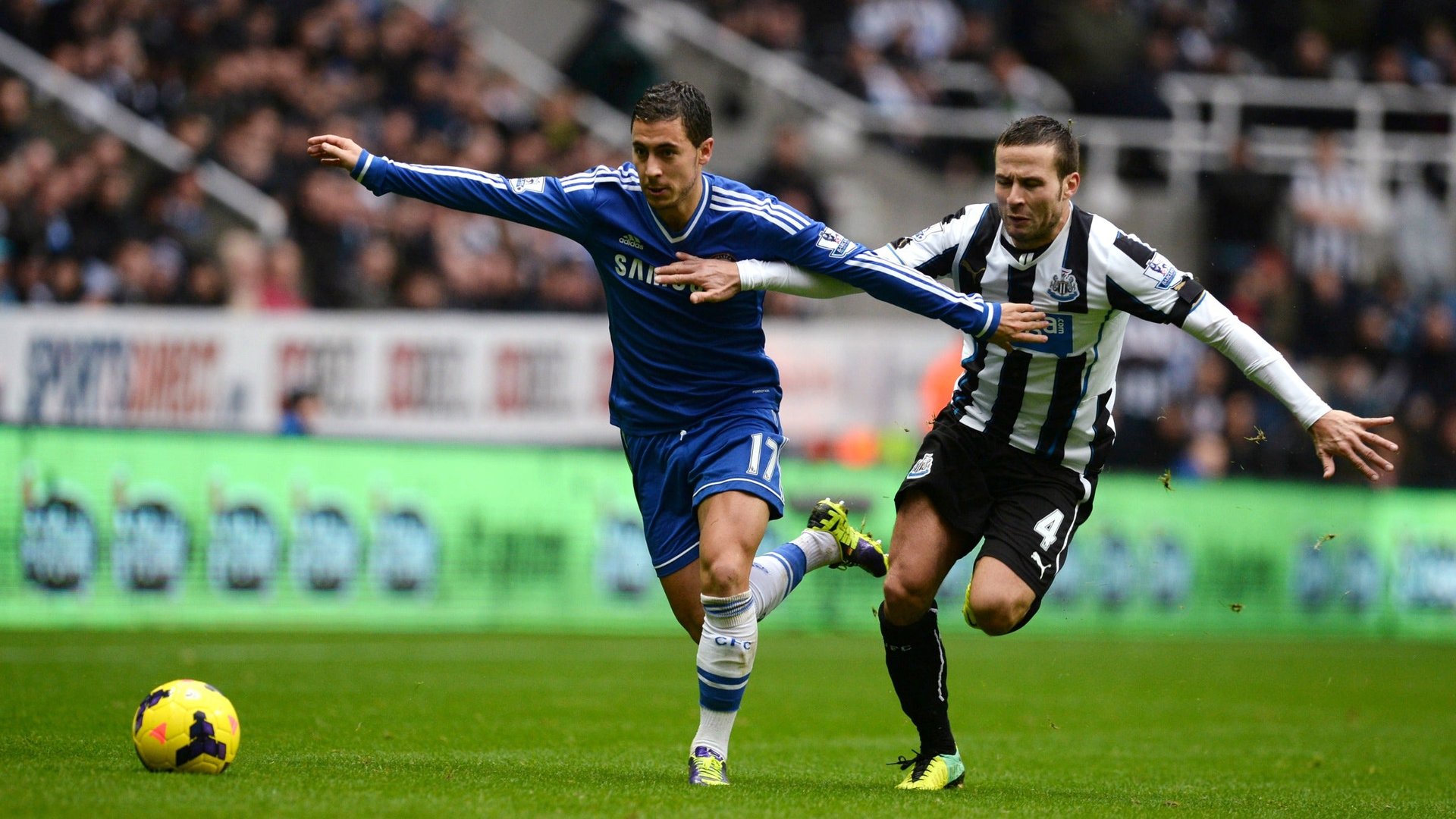How English football clubs can attract more bad publicity: Ban journalists
Why are English football clubs ostracizing local media?


Why are English football clubs ostracizing local media?
Last week was a bad time to be a football reporter in England. In the aftermath of Newcastle United’s defeat to local rival Sunderland, two journalists from local newspapers were prevented from asking questions of the club’s manager, Alan Pardew. It turned out that the club had banned the two papers, as well as a third, from all media facilities at the stadium and the training ground.
Meanwhile, 150 miles to the southwest, Mike Baggaley, a reporter from Stoke-on-Trent, was informed by another club, Port Vale, that he was not welcome in the press box and was forced to watch the club’s win over Gillingham from the stands. The paper’s photographer, Mark Scott, was also denied access.
In both cases the clubs and the newspapers have a different view of events. In a letter to the Newcastle Chronicle, Newcastle United said that the newspaper gave disproportionate coverage to a protest against the club’s owner, Mike Ashley, for his perceived lack of ambition for the club. In response, the Chronicle’s editor, Darren Thwaites, assured readers that, “We’ve no intention of allowing the club to dictate what we can and can’t print.”
In Stoke, the Sentinel published an editorial that explained that Baggaley had been banned for asking the club’s chairman, Norman Smurthwaite, for the whereabouts of limited-edition merchandise that had been ordered by 1,000 supporters earlier in the year. It also said that Smurthwaite had asked the paper to pay £10,000 a year for access to the club, an arrangement that does not exist with other local newspapers. The chairman insists that the newspaper was banned for running stories before consulting him for a response and that no sum had been requested for access.
The ongoing disputes aren’t restricted to the local press. The chief football correspondent for the Guardian and the Observer, Daniel Taylor, was informed earlier in 2013 that he and his papers were banned from Nottingham Forest’s City Ground, after he watched a game from the press box without writing a match report. This is common practice among sports journalists, who often use a match-day as an opportunity to make contacts and conduct research. He believes that he was banned on the orders of the manager, Billy Davies, who has spoken on Twitter about his desire for “vengeance” against members of the media.
These cases indicate that the balance of power between football clubs and the press is shifting. In the past, the relationship has usually been symbiotic: over the course of a season, the papers provide clubs with acres of free publicity while the popularity of the clubs gives the papers a committed readership. Where there have been disputes in previous years, the mutual benefits of getting along have pulled the two back together.
This is no longer the case. The past decade has seen 200 newspapers close in the UK as the internet has driven down the value of print advertising. Hyper-local and instantaneous reporting on Twitter has also made newsrooms look sluggish and outmoded in comparison, especially as the clubs themselves have taken to announcing their news first on official Twitter feeds and websites. Local newspapers have gone from being the sole voice about the goings-on at a town’s football club to being one of many. But football clubs, though often mismanaged, are hoovering up more and more revenue in television rights. Attendances at most grounds have also held up well, despite a poorly performing economy. The papers now need the clubs more than the clubs need the papers, and the clubs have figured this out. However, by using an instrument as blunt as a ban, the clubs are likely to come to regret their actions.
The papers have brought in the big guns in recent days, with several national newspapers taking up their cause. Taylor believes that the clubs risk looking “petty and thin-skinned” and that negative publicity could imperil relationships with sponsors. Whatever irritation Smurthwaite and Ashley felt toward the reporting of the Sentinel and the Chronicle, it is likely to have been outweighed by the subsequent questions they have had to fend since the journalists were outlawed. Over the weekend, the Chronicle ran an editorial likening club management to a “North Korean dictatorship.” Bans are often subject to the law of unintended consequences, and in this case, many more people have read about the plight of the papers—and the clubs’ intolerance of dissent—than if the owners had kept quiet.